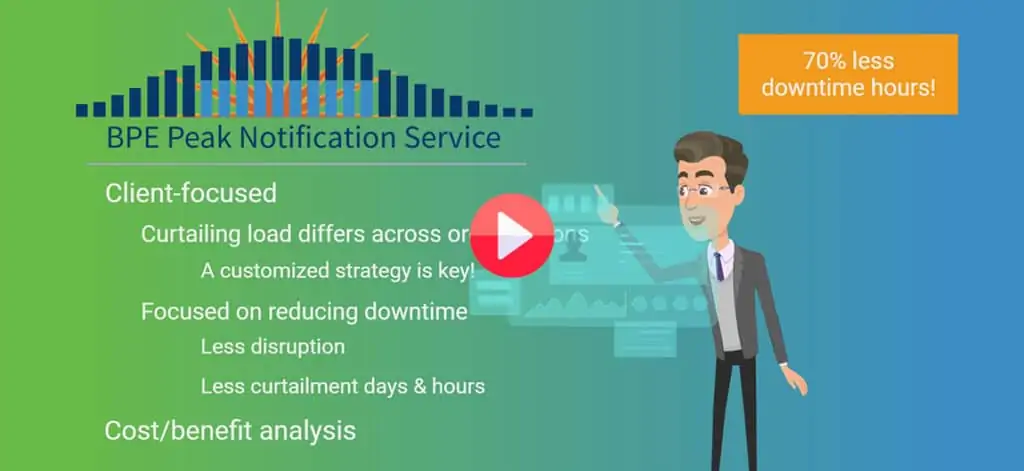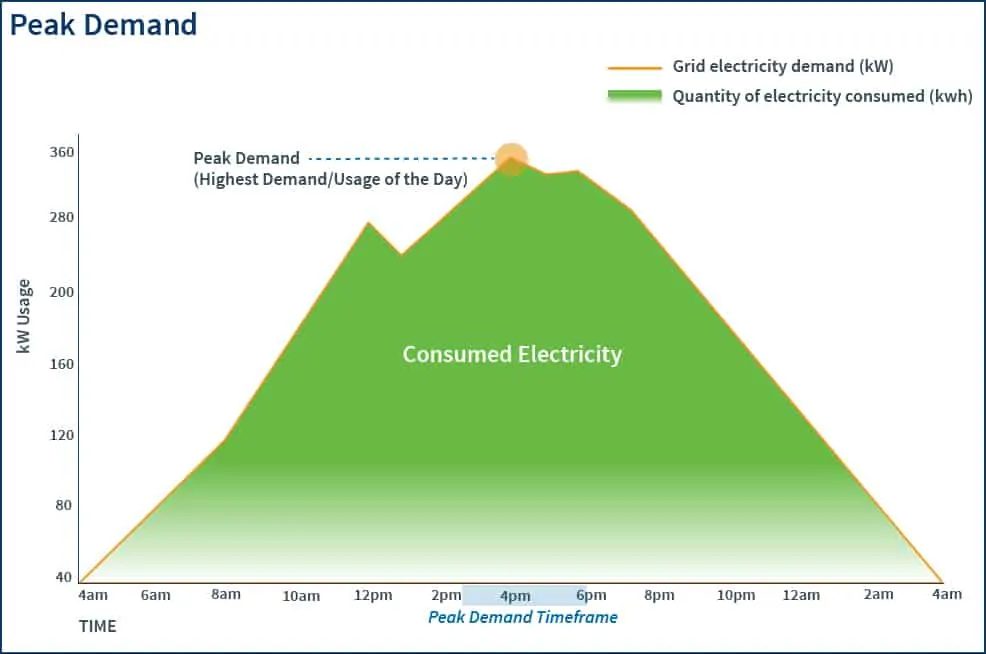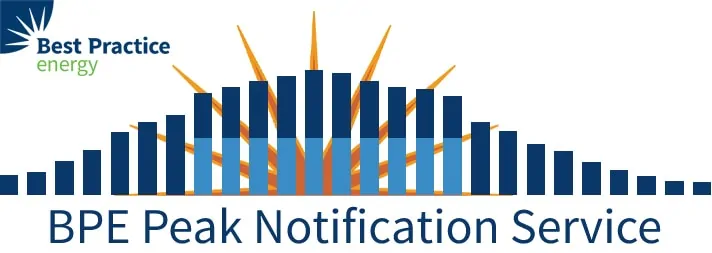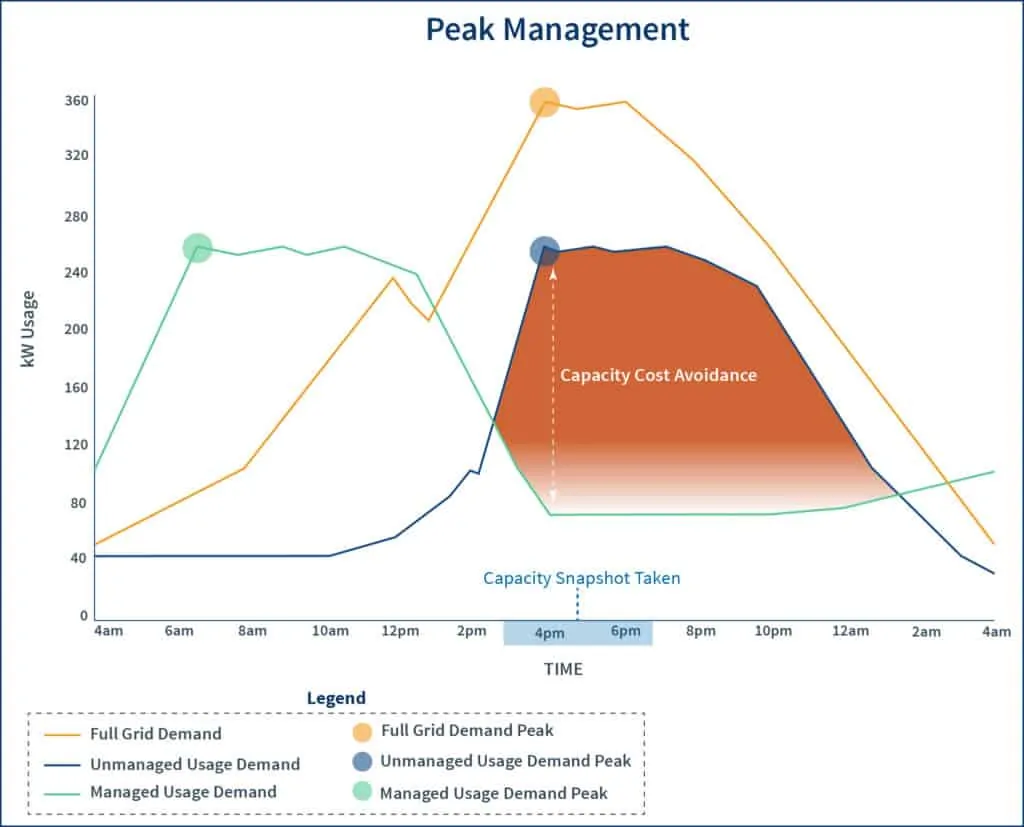Peak demand refers to times during the year where the most electricity is being used on a grid.
By curtailing your building’s usage during these times of peak demand, you can significantly reduce your capacity rates!
To review our previous webinars, capacity refers to the demand for electricity. This component takes up a hefty portion of your electricity price. Because of this, strategic curtailment of it can have an incredible impact on your electricity bills.
Join Mike Morin, our VP of Sales & Client Strategy, for another webinar, Capacity Management! Mike discusses peak demand, capacity management (peak load management), and how strategic curtailing can lower your electricity bills. Watch it on-demand today!
One of the easiest ways to lower your electricity bill is by curtailing during times of peak demand. This simple process leads to a reduction of your capacity rate and, thus, your electricity price. The problem is, how do you know what to do and when to curtail?
Curtailing Capacity During Peak Demand
As you know, peak demand occurs when the most electricity or power is being drawn from the grid. This happens during ‘Peak Days’ or ‘Peak Events’. These peak days usually occur during sustained summer heatwaves on weekdays. When the system reaches its maximum demand, the ISO takes a snapshot of your usage.* This snapshot then determines your capacity tag, which is a major factor in how your capacity price is calculated.
However, you must have a tailored curtailment plan in place to successfully manage down your capacity costs. You must also curtail at exactly the right times or your efforts will be futile. That’s why we created the BPE Peak Notification Service!
*ISOs calculate capacity tags differently in their regions.
The BPE Peak Notification Service and Peak Demand
Our complimentary service first works closely with your business to design a curtailment strategy. Doing this ensures that your curtailment plan won’t negatively impact your daily operations. Then, we look at weather patterns, historical trends and a plethora of other data to predict times of peak demand. We do this to make sure you’re only curtailing exactly when you need to be. Once we have an accurate prediction, we contact you to let you know when to execute your curtailment plan.
Sign up to talk to our Peak Notification Service today about capacity management and how they can help transform your electricity bills!
How Effective is Curtailing During Peak Demand Times?
What impact can capacity management have on your electricity bills? Our clients reduce their capacity costs by about 50%-70% on average!
We even had one client reduce their capacity tag by over 90% and save $90,000 on their capacity costs! Check out their case study for the full story.
Contact us today to learn more about capacity management and find out if it’s the right choice for your business!
Webinar Speaker Information

Michael Morin has served in the energy industry for over 25 years. He has sold or consulted on billions of dollars worth of retail energy transactions in over 50 utilities in the ISO-NE, PJM, and NYISO areas. Mike has an extensive background in retail energy consulting developing procurement strategies. He is also well versed in managing teams that provide highly technical advice to end-users.
Michael began his energy career at Unitil working in various roles focused on managing their 300 MW and 2.5 BCF/yr electric and natural gas portfolios. At the same time, he also served on numerous ISO-NE committees. He then worked in a variety of sales positions with some of the nation’s leading energy supply companies including Constellation, NRG, and NextEra.
As VP of Sales and Client Strategy, Michael is charged with managing the entire sales team at Best Practice Energy. His duties also include crafting energy cost-reduction strategies for our clients and providing technical expertise to facilitate energy strategy execution. He has developed the buying algorithm used by BPE that identifies strategic purchasing opportunities in the energy markets on behalf of our clients.
Michael has degrees in Economics and Mathematics from the University of Maine.



